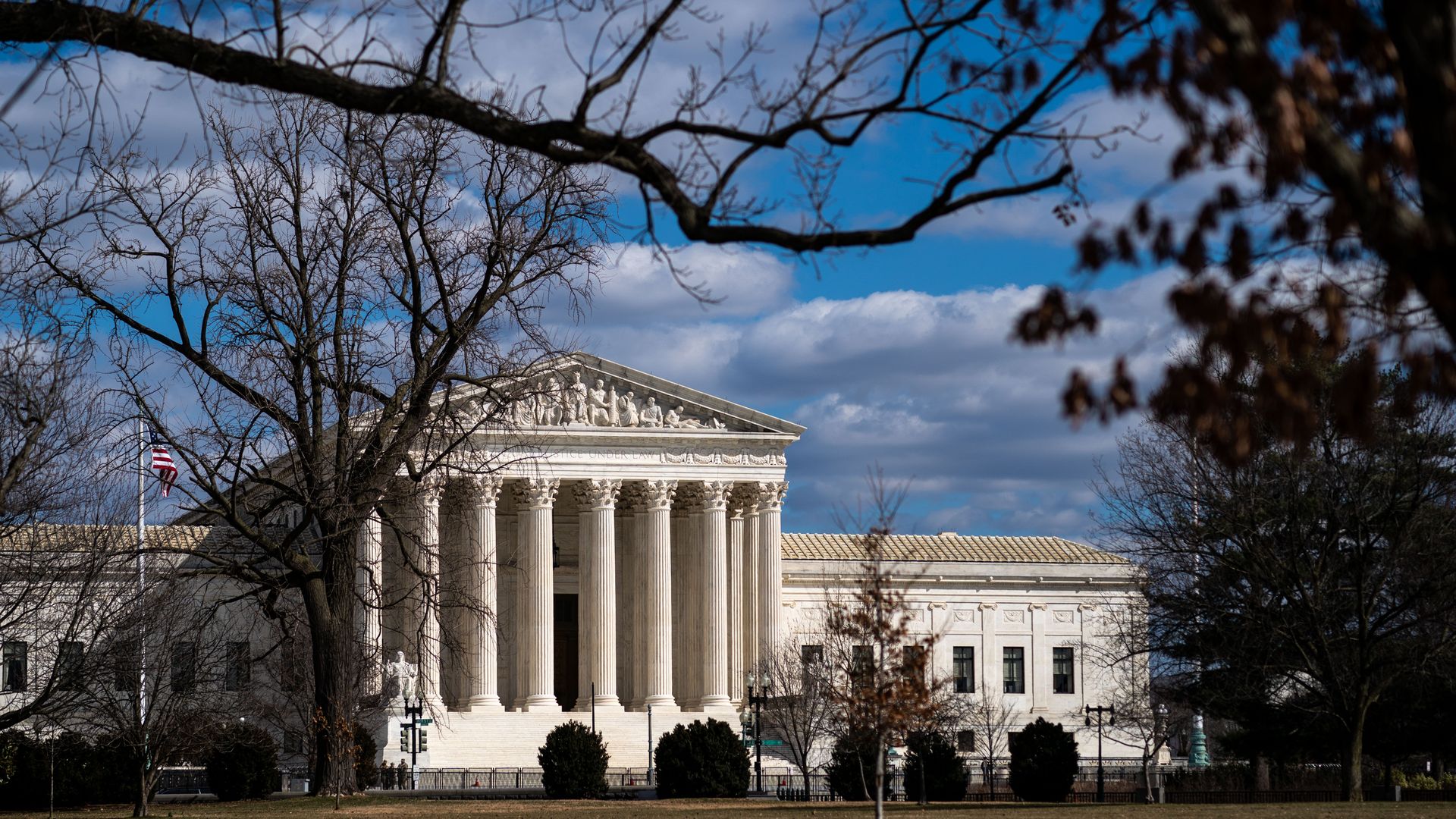Apr 10, 2021 - Politics & Policy
Supreme Court ends California's restrictions on home religious meetings
Add Axios as your preferred source to
see more of our stories on Google.

Photo: Kent Nishimura/Los Angeles Times via Getty Images
Add Axios as your preferred source to
see more of our stories on Google.

Photo: Kent Nishimura/Los Angeles Times via Getty Images